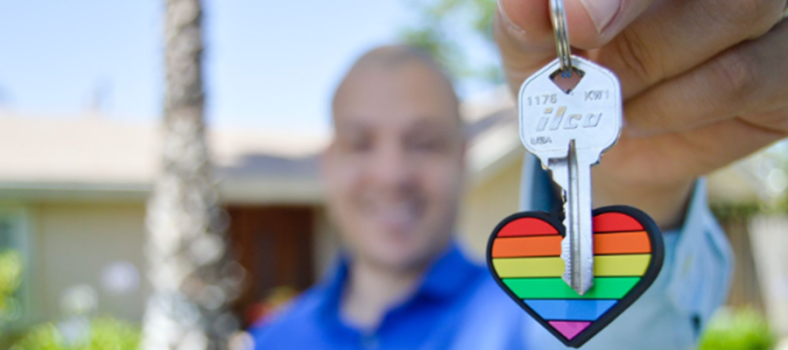Scams that the Elderly Should Know About & Avoid
It’s a sad state of affairs when money grubbers start targeting the elderly population for their hard earned money. Unfortunately the growing numbers of scams that directly target the elderly population are growing. The scammers often target the elderly because they are less familiar with new ways of getting ripped off and tend to be more giving and less cynical than the younger generations.
In addition to the scams listed below, Scam Watch has a list of the most recent threats. You can also report potential scams on the website. Here are a few scams you should look out for:
The Fake Grandchild– In this scam, the thief will contact an elderly person via the telephone. They’ll pretend they are one of their grandchildren who have either: been mugged in the city, arrested or lost in another country. They’ll ask their “grandparent” to send them money to help them get home. While many elderly people aren’t falling for this trick, the scammers can be quite convincing, even resorting to using real names. If you are in doubt, contact your relatives to help determine whether the phone call was legit. If the person is telling the truth they will more likely be willing to call you back or leave a number where you can reach them.
Funeral Scams–This type of scam will approach an elderly individual or couple and sell them cemetery plots or funeral arrangements at an “affordable” price. They’ll usually ask for cash or a cheque up front, to cover the deposit. Then they disappear with your money. You’ll be out cash and a cemetery plot as the product they were selling you was a complete hoax. The worst thing about this scam is that these con artists prey on the fears of the elderly. Work with reputable companies when purchasing cemetery plots or prepaid burial arrangements to avoid getting ripped off.
Investment scams–Much like the funeral scams, the elderly are targeted with fake investments. The scammer may encourage their prey to invest all or most of their retirement or savings into their “safe” investment. This type of scam can be particularly devastating when the scammers disappear with all of your hard earned money. To avoid losing your money, only work with reputable companies and do some research about the investments you are interested in.
Internet scams–The internet is a tricky place for people of any age, but the elderly make even easier targets because they may not be as aware of the different types of scams (including fake emails, fake websites and fraudulent links). Because of this, the elderly are more likely to give out personal information that could result in identity theft. To avoid having your personal information stolen over the internet, only add financial information to websites that begin with https:// (the s at the end of the http indicates that the website is secured.)
The elderly are often easier to target because of their reliance on medical programs and prescriptions as well as their lack of experience with more sophisticated scamming programs. One of the best ways to protect yourself is to gain knowledge. Read here to find out more about avoiding tax scams.






No Comment